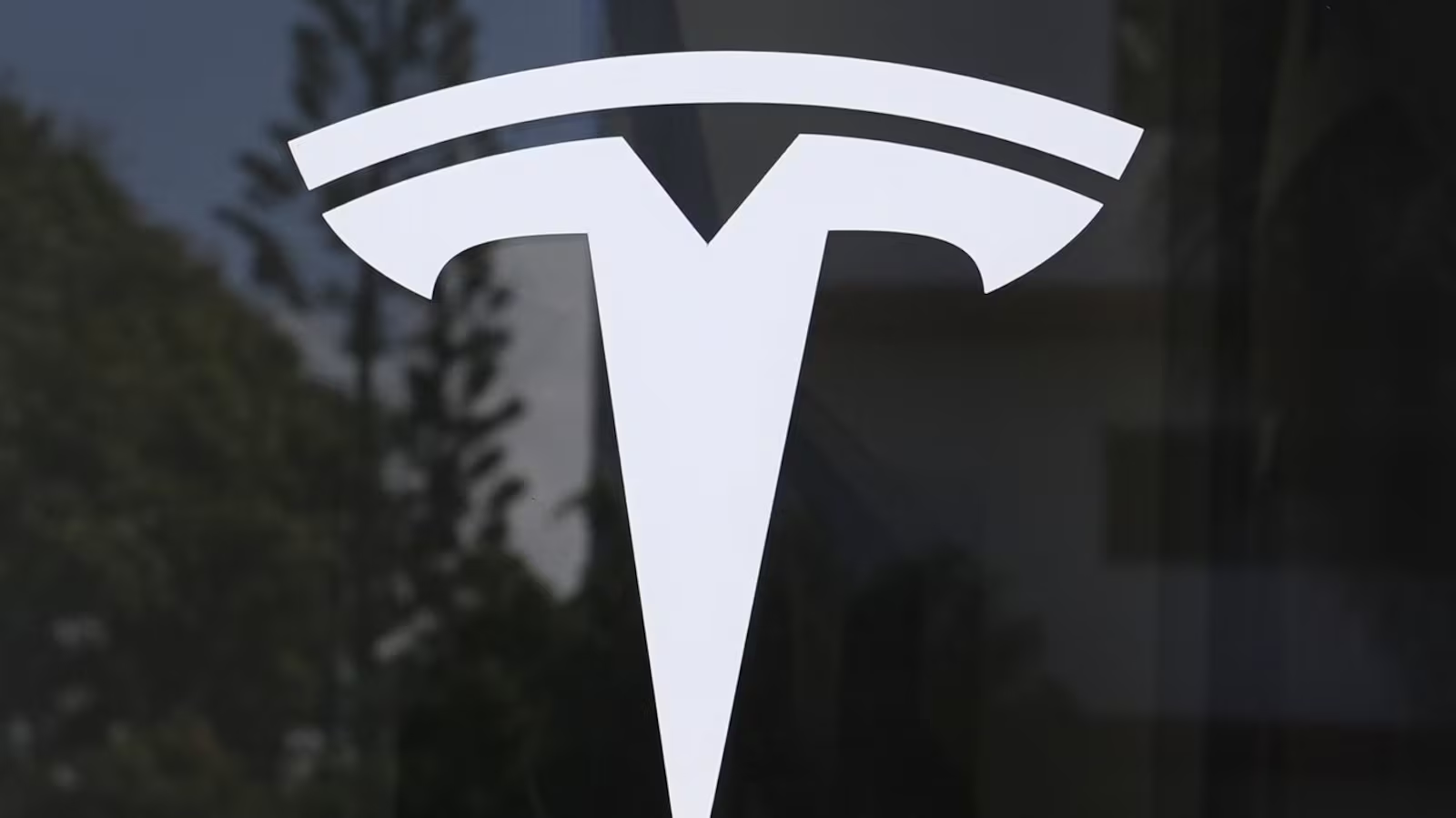A federal jury in Miami has ordered Tesla to pay more than US$240 million in damages after finding the company partially responsible for a fatal 2019 crash involving its Autopilot driver-assist system — marking one of the largest legal blows yet to Elon Musk’s electric vehicle giant.
The jury determined that Tesla’s Autopilot system failed to prevent a deadly collision in Key Largo, Florida, where 22-year-old Naibel Benavides Leon was killed and her boyfriend Dillon Angulo was seriously injured. Although the driver, George McGee, admitted to being distracted by his cellphone and speeding, the court found Tesla’s technology shared substantial responsibility for the crash.
What the Jury Awarded
- US$200 million in punitive damages
- US$43 million in compensatory damages from Tesla
- Total liability: US$243 million
Tesla is expected to appeal the verdict and argues it may ultimately pay less, citing a pre-trial agreement that caps punitive damages at three times compensatory damages—an amount Tesla interprets as US$172 million. However, plaintiffs contest that limit.
Why the Verdict Matters
- This is one of the few Autopilot-related cases to reach trial. Tesla has typically settled similar lawsuits out of court or had them dismissed.
- The case centered on trust, branding, and responsibility, not just technical failure. Plaintiffs argued Tesla used misleading terms like “Autopilot” while allowing drivers to misuse the technology on roads it wasn’t designed for.
- Tesla was accused of hiding key data and video related to the crash. A forensic expert uncovered the evidence, contradicting Tesla’s repeated denials.
What Happened in the Crash
- McGee was driving a Tesla Model S at 62 mph when he blew through a stop sign and hit a Chevrolet Tahoe parked on the side of a rural road.
- The impact threw Benavides 75 feet into nearby woods. Angulo suffered broken bones and a traumatic brain injury.
- McGee testified: “I trusted the technology too much… I believed the car would warn me and brake.”
Tesla’s Response
In a statement, Tesla called the verdict “wrong” and said it jeopardizes industry efforts to develop life-saving autonomous technologies. The company emphasized that drivers are clearly warned to remain attentive and keep hands on the wheel.
What This Means for the Auto Industry
The ruling may set a precedent that opens Tesla—and other automakers developing semi-autonomous features—to more lawsuits, even in cases involving distracted or reckless drivers.
“This will open the floodgates,” said legal expert Miguel Custodio. “It will embolden a lot of people to come to court.”
The case is a high-stakes reminder that as vehicles get smarter, so does the legal expectation for safety, responsibility, and transparency—from both humans and the machines they drive.

